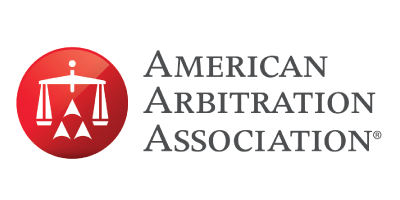Negotiation: Know your Style
by Judge Elaine Gordon (ret.)

Elaine Gordon is a retired Superior Court judge and founder of Gordon ADR. She is a member of the National Academy of Distinguished Neutrals and a Distinguished Fellow of the International Academy of Mediators.
A Note from Judge Gordon
I hope you are enjoying this beautiful time of year in New England. With such beautiful weather, it is hard to believe that winter will soon be upon us.
Thank you to all who participated in the recent Connecticut Law Tribune’s “Best Of” reader’s poll. I am truly grateful for your continued support and encouragement by voting me “Best Individual Mediator and Best Individual Arbitrator” in Connecticut.
As we honor our veterans and plan our Thanksgiving celebration, let us never forget the sacrifices of so many Americans who made it possible for us to live in this great nation.
My inspiration for writing this month’s article on ‘Negotiating Styles’ came from attending the recent International Academy of Mediators meeting in Baltimore. This year’s theme was ‘Diversity’ and the keynote speaker was former Senator George Mitchell.
In a difficult negotiation, how does your negotiating style change? Take the Dynamic Negotiating Approach Diagnostic (DYNAD) and learn how.
Until recently, negotiation was the subject of business, not law schools. With the rise of alternative dispute resolution, negotiation has become part of law school curriculum. Still, most lawyers negotiate in a style that feels “comfortable.” Many of the lawyers with whom I work often express concern and even anxiety about whether their negotiating approach is effective.
Much has been written about which negotiating skills are most effective. Research tells us that today’s best negotiators incorporate a combination of assertiveness and empathy. One study indicates that less than 10 per cent of competitive, adversarial, hard bargainers are viewed as effective negotiators by their peers.
But before you can develop effective skills, you have to know your approach to negotiating conflict. The skills you need to learn may be outside your comfort zone. Luckily there are ways to learn your default style. The Thomas-Kilman Conflict Mode Instrument (TKI) has long been used to determine bargaining styles. Answers to the instrument’s questions are scored in five categories of negotiating: competing, accommodating, collaborating, compromising, or avoiding.
More recently, the TKI has been modified to help users determine how their style might change when a negotiation becomes more difficult. The newer instrument was developed by Dean Jennifer Gerarda Brown at the Quinnipiac University School of Law. She and her co-author, Andrea Kupfer Schneider, named the test the Dynamic Negotiating Approach Diagnostic (DYNAD). The test is published in an article which explains its development, application and scoring.
The link to take the test, learn your style, and strengthen your negotiating skills is: http://www.researchgate.net/publication/256056175
You may also be interested in ...































